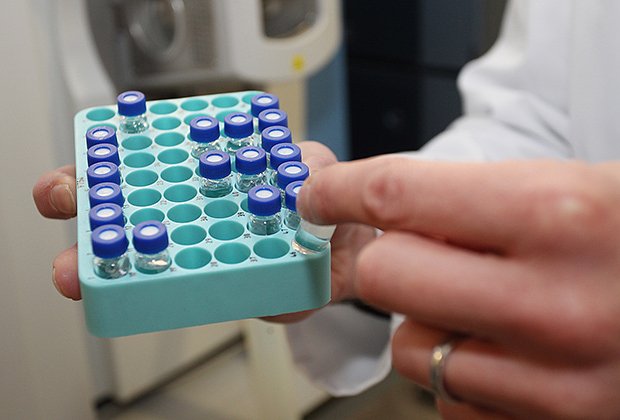CAS published the reasoning part of the verdict on Valieva’s disqualification
The Court of Arbitration for Sport (CAS) has published the reasoning for the decision to disqualify Russian figure skater Kamila Valieva due to a positive doping test. The athlete explained how the substances found in the sample could have ended up in her body.
The decision states that ecdysterone was also found in the doping sample. This steroid is not banned, however it is under the World Anti-Doping Agency's (WADA) monitoring program in case of a possible ban. Several more drugs were found in the athlete’s sample. In total, Valieva took 60 approved drugs and dietary supplements between 2020 and 2021.
Valieva said that she could have eaten a dessert with prohibited substances
The documents contain fragments of an interview with Valieva, which she gave to a representative of the Russian Anti-Doping Agency (RUSADA). In the recording, Valieva tells her version of how trimetazidine, a drug prohibited for athletes, could have gotten into her body. According to her, this happened by accident: she was often treated to desserts by her grandfather, who was prescribed tablets containing trimetazidine.
Grandfather often gave me something like applesauce or berry candy, condensed milk, bananas or some kind of juice, or maybe… He also takes pills according to doctors’ recommendations and, probably, this pill ended up in the dessert that he usually gives me
Valieva added that she personally saw how her grandfather crushed pills on the kitchen board. She guessed that she might have eaten something that might have been on the same board. Or, she said, she could drink from the same glass that her relative used. It is reported that the grandfather prepared a strawberry dessert for the athlete on December 21 and gave it to her for competitions in St. Petersburg.
Photo: Olena Ukhova / Shutterstock / Fotodom
CAS responded to this by saying that Valieva did not provide comprehensive evidence that the anti-doping rule violation was unintentional. In addition to trimetazidine and ecdysterone, hypoxene and L-carnitine were found in the athlete’s body.
Grandfather's pills are not the only version of Valieva
The Russian figure skater offered investigators two more versions of how the substances could have entered her body. She admitted that the drugs were contaminated. Another version: many outsiders gained access to the premises where the skaters ate at the Russian Championships in St. Petersburg. The version with grandfather’s pills did not satisfy CAS also because the figure skater’s relative refused to tell the court about his state of health.

Photo: Matthew Childs/Action Images/Reuters
Trimetazidine, for which Valieva tried to justify herself, does not actually improve athletic performance. French sports doctor Jean-Pierre de Mondenard toldthat the drug is designed to improve the lives of patients with cardiovascular diseases and does not in any way affect the effectiveness of training or performances. At the end of 2020, Valieva actually had heart problems – she was diagnosed with “athletic heart” and prescribed Hypoxen, but in May 2021 the problem was solved.
WADA has no evidence and has never presented any document proving that trimetazidine affects athletic performance
L-carnitine, which is also found in Valieva’s blood, is a popular supplement for athletes that does not affect performance. Sports doctor Valentin Belyaevsky noted that the use of hypoxene and L-carnitine in sports medicine is quite common. “These are one of the most, one might say, popular substances,” he emphasized.
Trimetazidine, L-carnitine and hypoxene were found in the doping test of 15-year-old Valieva in February 2022. Of these, only trimetazidine raised questions, since it is on the list of drugs prohibited for athletes. Doctor of Medical Sciences Andrei Shestakov explained that accidental entry of such drugs into the athlete’s blood is excluded.
#Grandfathers #pill #dessert #Kamila #Valieva #explained #doping #ended #body
